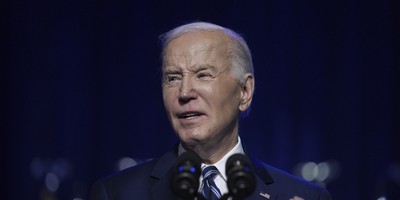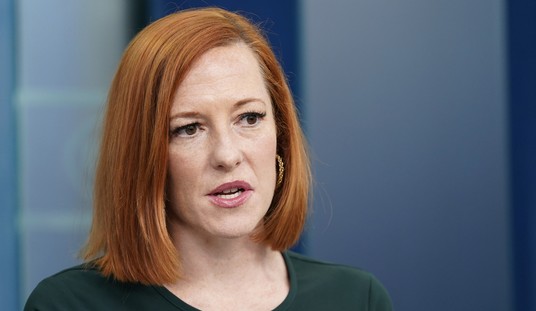He was handsome, calculating, brilliant, ambitious and accomplished, always willing to dare great things for his country. He had his critics, indeed enemies. But he also had a legion of admirers, associates and friends who would have followed him anywhere because, even more than they admired him, they trusted him.
At home his young, beautiful, well-born wife adored him. So did untold Americans who may never have met him but knew his name, and put great store by it. He was in, short, the kind of patriot and statesman destined to have his portrait on the national currency one day.
Who would have thought that, at the height of his career, Alexander Hamilton would have risked it all for a brief liaison, a passing fancy? Who? Why, anyone with the barest knowledge of man and men. Luckily, it was a pre-cable television time, namely the Federalist period, when the discussion of such matters might be safely confined to drawing rooms.
And so, in 1797, when members of the loyal opposition heard that the nation's first secretary of the Treasury had been speculating in government bonds, and had even paid one James Reynolds $1,100 as part of a scheme to manipulate their value in his favor, they demanded an explanation.
Alexander Hamilton gave them one. He invited three high-ranking members of Congress, including a rising star by the name of James Monroe, to discuss the matter in the privacy of his home. The suspicious congressmen arrived bearing what they thought was convincing evidence of the secretary of the Treasury's breach of trust. (The evidence had been supplied by two shady characters who'd been accused of embezzling from the Treasury, and were looking for a way to plea-bargain their way out of criminal charges.) Taking his visitors into his confidence, Hamilton fell back on a desperate man's last resort: the truth.
Recommended
He explained that he'd paid off this Reynolds not as part of any scheme to manipulate the bond market, but to keep him quiet about an embarrassing but entirely personal matter. It seems that, two years before, he had been enticed into an affair with the alluring Mrs. Reynolds. Having been seduced by the wife, he was then blackmailed by the husband, doubtless working as a team.
In the event his visitors that evening still had their suspicions, Secretary Hamilton had asked the comptroller of the Treasury, Oliver Wolcott, to bring his ledgers to the meeting. The comptroller was able to show that the secretary had not compromised his public trust in any way.
Once they realized that no government funds had been involved in their political opponent's purely personal folly, his visitors agreed to keep the matter in strictest confidence. And they did. There were gentlemen in those days.
Nothing further was said about the unfortunate matter. Until an unscrupulous journalist (or is that a tautology?) used it for partisan purposes in that era's version of the National Enquirer.
Alexander Hamilton may not have known any better than to let his libido overwhelm his good judgment, but he did know enough not to lie about it. He did not denounce rumors of his peccadillo as "tabloid trash," and he would never have denied the truth under oath.
Instead, he published a complete, forthright and, as always, eloquent account of the entire affair in his own newspaper. (Did I mention that he was also a talented writer and editor?) In response to the scheming husband's accusation that he had mishandled public funds, Hamilton confessed: "My real crime is an amorous connection with his wife."
The truth was told, justice done, the public interest served, and even Hamilton's marriage preserved by the grace of a tender and forgiving wife. To quote one historian, "It was an amazing performance. Never in American history has a public man showed greater candor."
Choosing to sacrifice his private life in order to vindicate his public one, Alexander Hamilton had saved both. Once again honesty had proven the best policy - an old and simple truth, but one that some of our brainiest politicians seem incapable of grasping.
It is hard, indeed almost impossible, to imagine so civilized an outcome in this time of 24/7 scandal when politicians, even on a presidential level, choose to lie about some personal weakness until they can no longer get away with it. And it's always the cover-up that is the greater offense against the public trust, and the soul.

























Join the conversation as a VIP Member